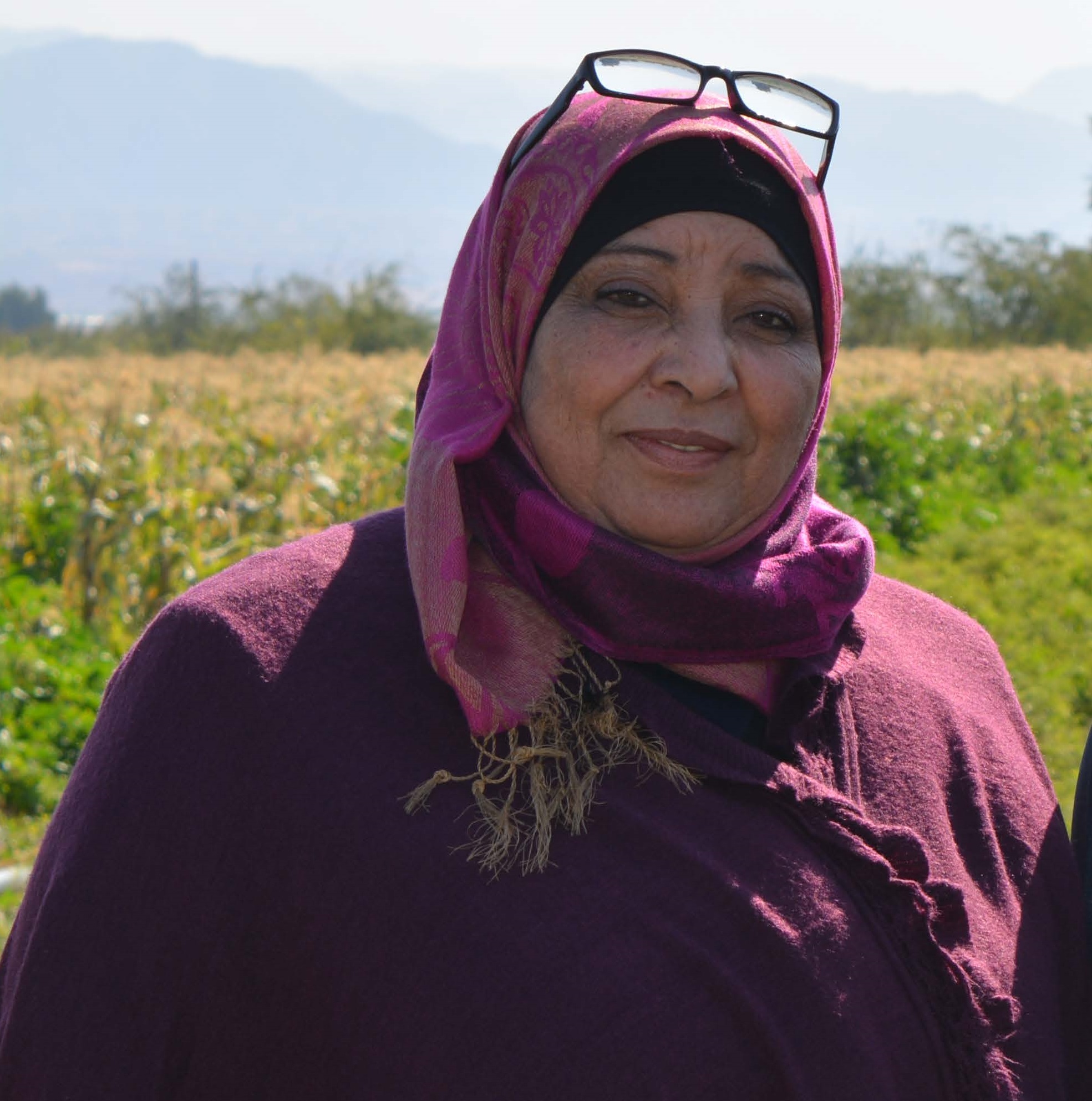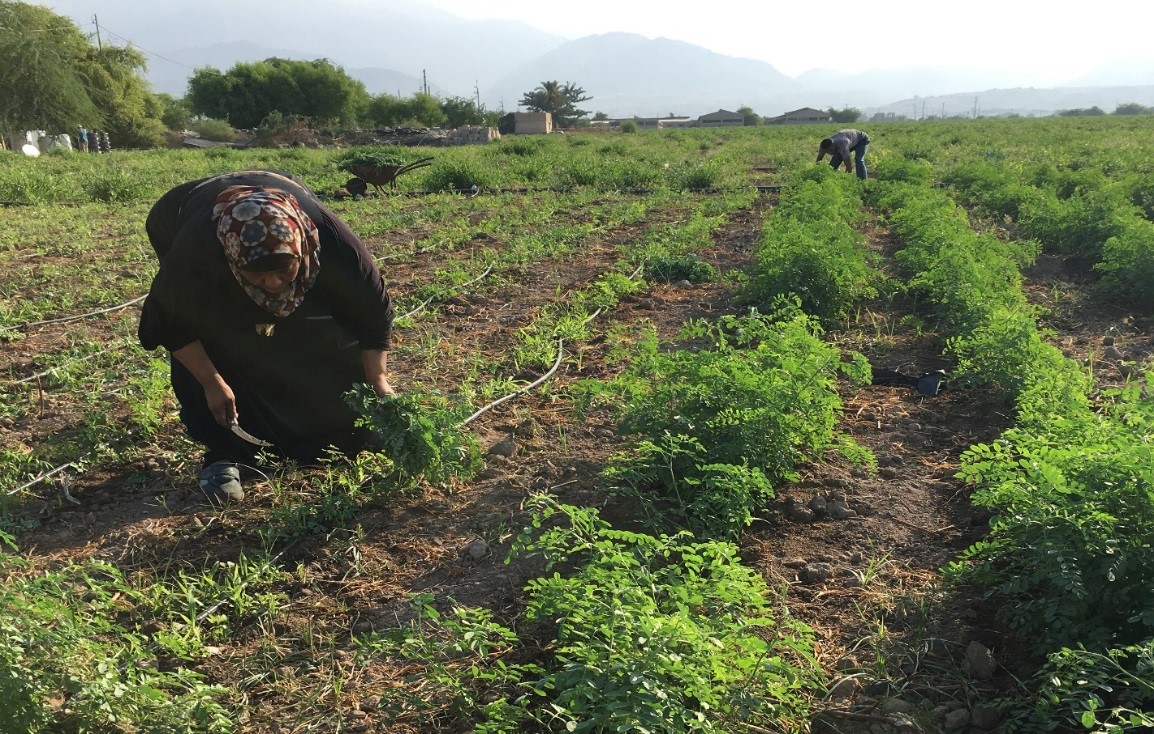Empowering rural women in the Jordan valley through the revival of the Indigo plant
Published on May 5th 2017
The UNESCO office in Amman, Jordan, recognizes that rural women are the most marginalized group and commits to increasing employment opportunities for them. An innovative project has been promoted targeting the village of Ghor el Safi, located within a poverty pocket in the Jordan valley. The Amman office is supporting a local women’s cooperative working to improve their lives by enhancing the production and promotion of their vibrant, hand-dyed textiles using naturally sourced dyes.

Community leader Nayfeh Nawasrah, heads the Ghor Al Safi Women’s Association for Social Development, which she founded after being denied membership by an all-men’s association in 1996. In 1999, the Association founded Safi Crafts, which has developed a thriving handicraft business with the support of UNESCO and generous funding from Drosos Foundation. “Women who become decision-makers in order to increase their work opportunities have a positive impact not only on themselves but on their communities,” says Nayfeh.
Through this initiative, the women have re-introduced the cultivation of the indigo plant in Jordan. The Ghor el Safi area was famous for the production of “Indigofera Tinctoria” during the early Islamic period but gradually cultivation of the valuable plant was lost. Safi Crafts has revived the tradition and now farms indigo on five donums of land. The valuable dye they extract from the plant has become the association’s most prized dye, producing a deep and vibrant blue.

Culture and heritage serve as a bridge between generations and people, providing a source of resilience to vulnerable populations. Nayfeh explains that, “Many members of our community have developed an interest in what we are doing in terms of the cultivation of indigo and extracting its dye, especially after learning that this was previously a cultural tradition in our town, practiced thousands of years ago and that the color blue cannot be naturally produced as a dye by any other plant”.
It is uncommon for women to work in agriculture but the women of Safi Crafts broke barriers by going to the field and working alongside the men on their Indigo farm. After witnessing the success of Safi Crafts and learning about the ways in which the women are single handedly reviving this tradition, farmers in Ghor el Safi are offering their land and services to further increase the production of indigo and help put Ghor Al Safi on the map again as an indigo producing area.

Nayfeh is a stunning example of strength in the face of adversity; she chuckles as she shares that the men’s association from which she was denied membership long ago, now looks to Safi Crafts for cooperation and accepts her as a leader in the community.

